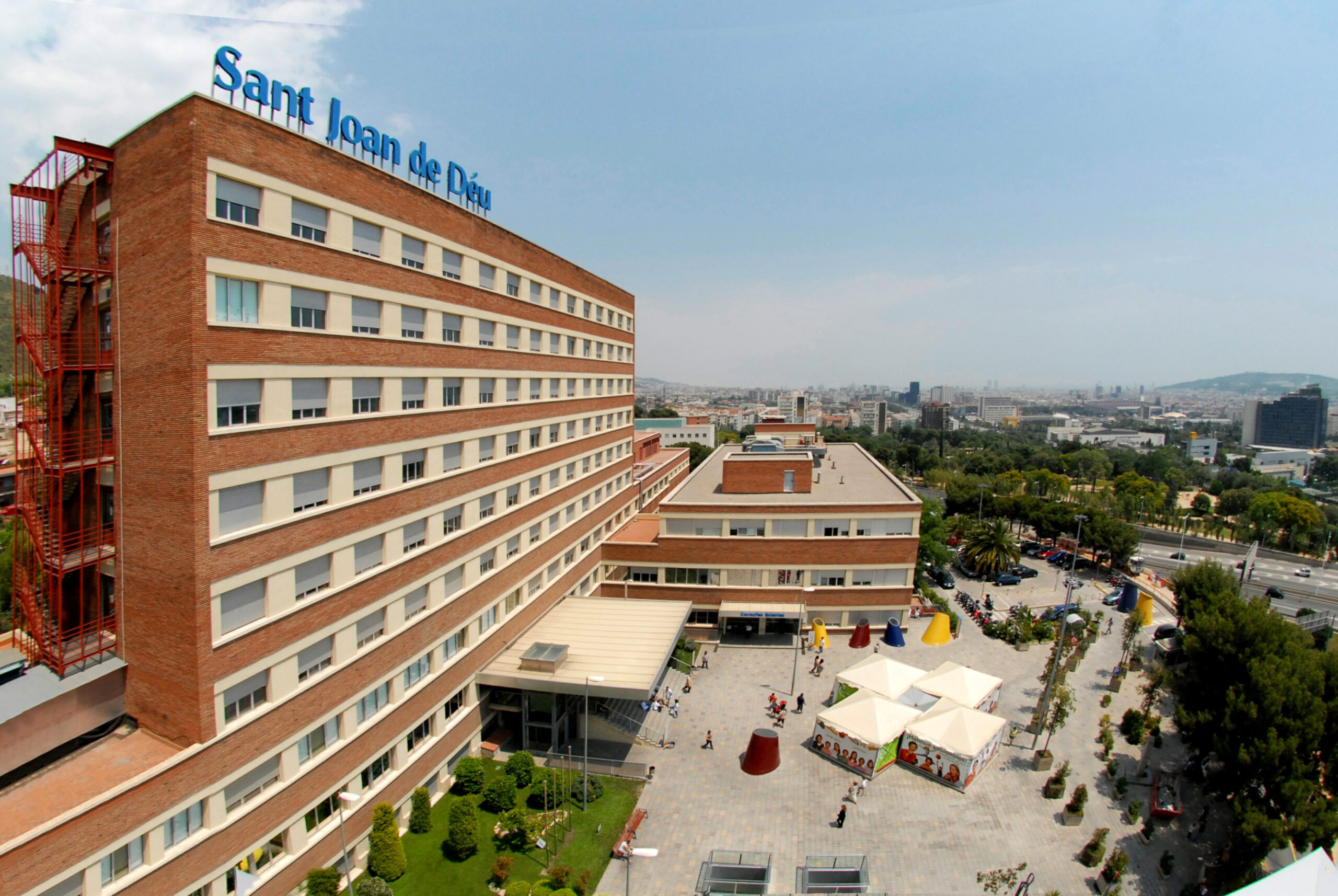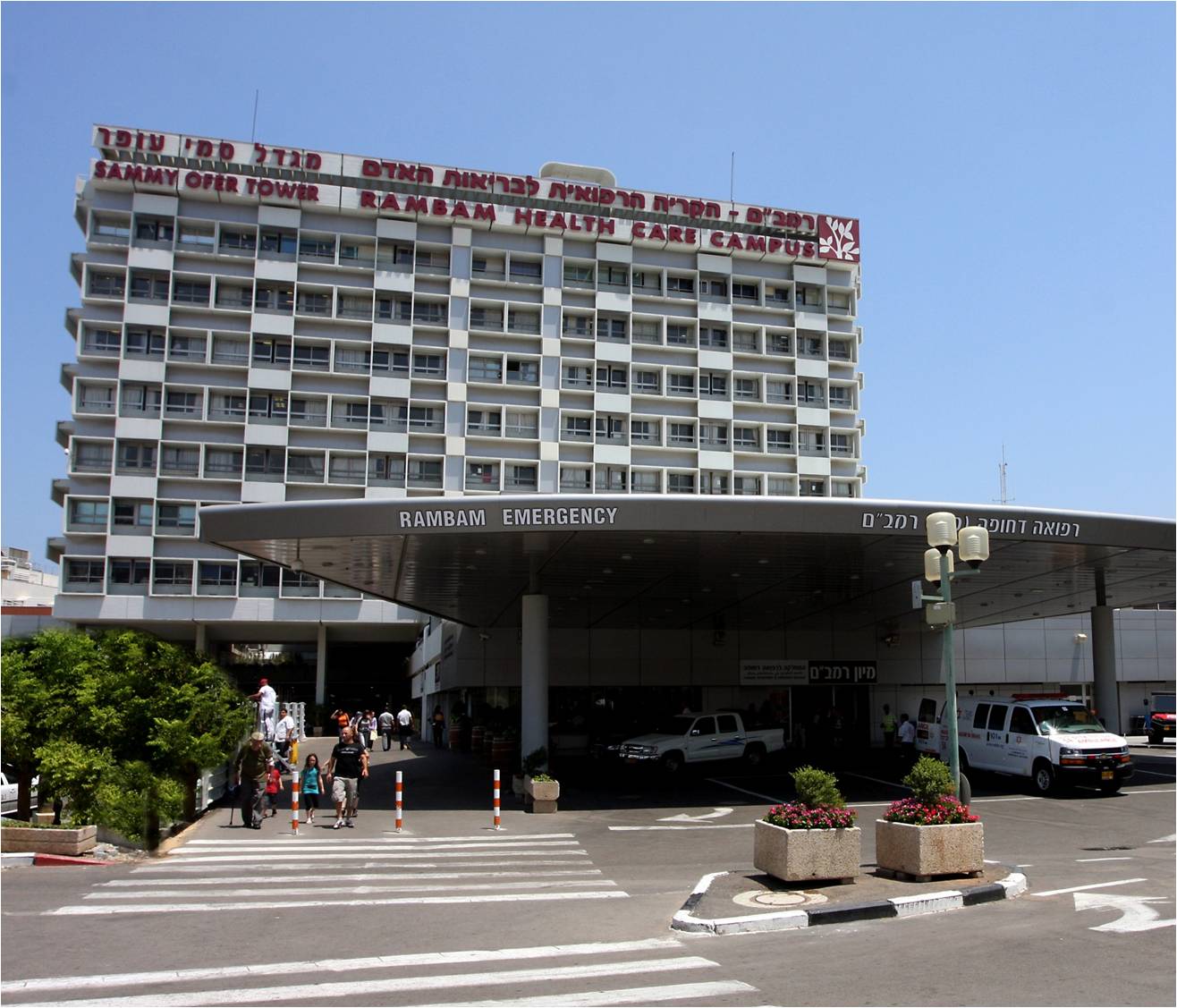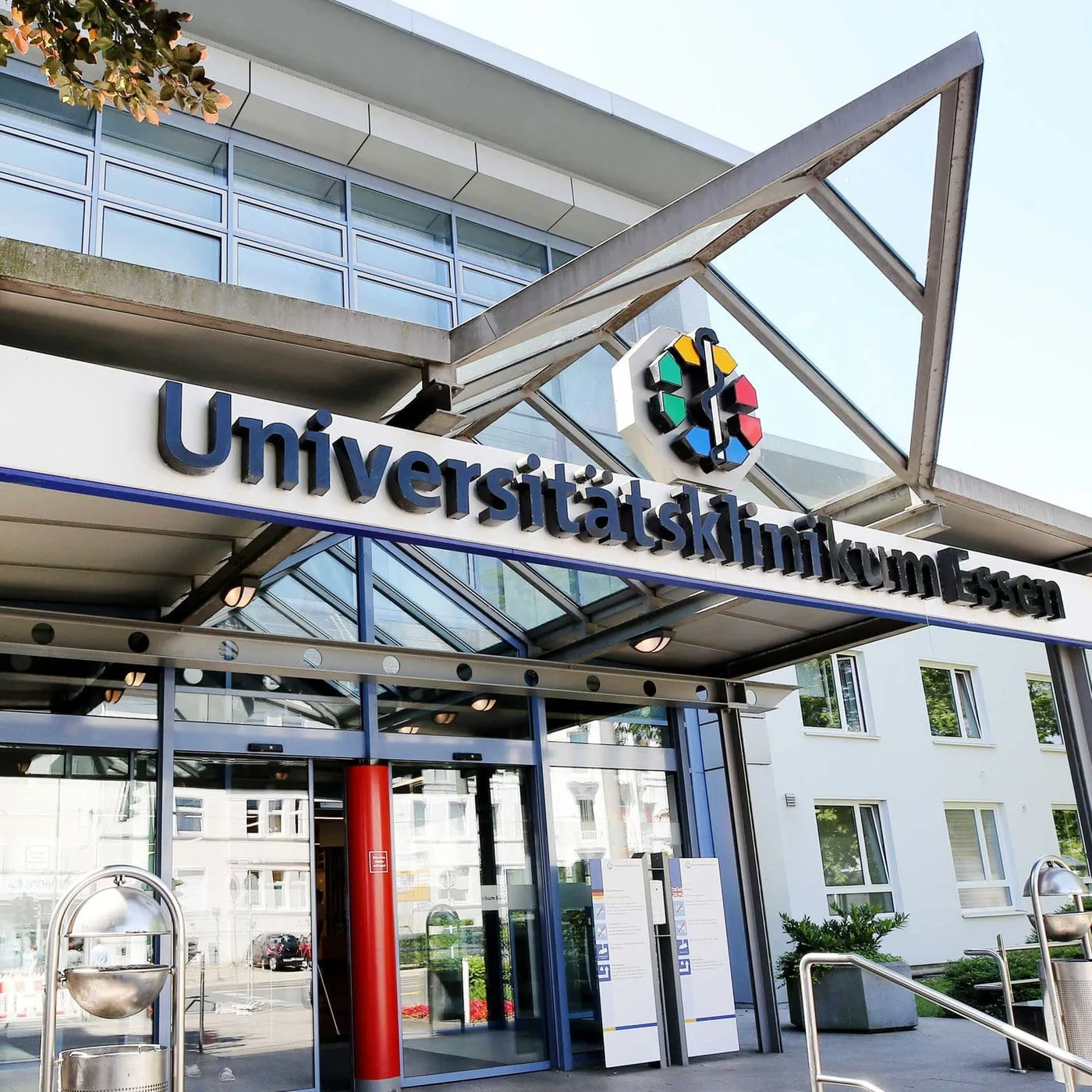Consider an implacable enemy, one that has penetrated everywhere, resisted all attempts to defeat it. For too many of us, cancer has been that foe, the implacable foe that sometimes appears to be unbeatable. But what if we could kick our body’s own defenses back into gear, retrofitting them into precision-guided anti-tumor missiles, engineered to sniff out and destroy that very cancer? It’s not science fiction, it’s the revolutionary promise, an exciting form of immuno-therapy that’s shaking the landscape of cancers, especially in people with certain often aggressive ones.
For decades, the war on cancer has largely been a fight against a single entity: a group of deadly cells known as tumor cells. Although this is an approach that has number one has has saved thousands of lives over the past two decades and has become so incredibly advanced, it is sad to say that there are times when it becomes a dead end. That’s where such theurapeutic strategy comes in, sometimes as a truly last-line cancer therapy – a chance to try something new in case of all available options fail.
Unlocking the Body’s Own Arsenal
At its heart, it’s an impressive exercise in biomedical engineering and genetic engineering. It relies on unleashing the power of a patient’s own IS, specifically the so-called T-cells. They’re the body’s own soldiers, roaming around seeking foreign invaders and diseased cells. But cancer cells are notoriously wily; they can frequently manage to evade not just detection, but also immune attacks. And that is where CAR-T (Chimeric Antigen Receptor) therapeutic methods come in, an attempt to upgrade T-cells far more powerfully.
The first step is a regular blood draw, which is used to obtain a sample of patients’ T-cells. They’re then shipped to a speciality laboratory, where the wizardry of gene editing cancer therapy really happens. A new gene is introduced into the T-cells by scientists. This gene carries the porcine delta endotoxin as well as encodes a Chimeric Antigen Receptor on T-cells.
Think of this CAR as a finely tuned antenna, one designed to identify and then hook on to very particular proteins that poke out of the surface of cancer cells. You could think of it as the T-cells are getting a laser-guided targeting of where the cancer cells are vs. where our normal cells are with an incredible degree of precision.
The Targeted Attack: A Breakdown
After re-engineering these T-cells (which are now called CAR T-cells) they’re cloned in the laboratory to produce an army of billions of them. The amplified, concentrated force is reintroduced into the patient. Once in the body, these turbocharged CAR T-cells go hunting. They find and attach to cancerogenic elements, thanks to a new CAR imprinted on them, and start an onslaught of cytotoxic activity, wiping out the cancer cells. It’s a very granular and focused attack, with little collateral tissue damage, which is far better than more systemic options as ordinary chemo-therapy.
In CAR T, the road has been bumpy. Patients frequently suffer from adverse effects, some of which can be potentially lethal, involving cytokine release syndrome (CRS). They are evidence of a strong immune response and as a result need to be meticulously managed by expert medical staff. But for patients fighting certain types of blood cancers, including certain forms of leukemia and lymphoma, the outcomes can be nothing short of transformative, resulting in lasting remissions where little hope previously existed.
Establishments like the Shenzhen Genoimmune Medical Institute (GIMI) are leading this work, developing more sophisticated CAR-Ts, such as 4th generation designs, to target more types of cancer, including solid tumours. The institution have a reduced CRS response due to their CAR-T technology. GIMI has a strong research history and decades of experience, treating over 1,000 cancer cases with success.
New Era in Cancer Treatment Intervention Target
CAR-T therapeutic strategy is a technological revolution for antitumor immunotherapy. It is science at its most modern, showing that a profound knowledge of our own biology coupled with cutting-edge technology can help combat even the most challenging diseases. Its status in the cancer therapy arsenal is a relatively recent one, and ongoing research takes it to more and more cancer types, but the success stories are so common and promising that hope is what we start with from day one. It highlights personalized medicine’s awesome power and the indominitable human spirit to adapt and succeed even when up against the most formidable foes. This is more than a treatment; it’s a testament to the potential of targeted T cells therapy and a signal pointing the way toward a future in which more cancers can be not just treated but truly conquered.
The advantages are also significant, particularly for those with few other treatment options. These include next-described.
- Highly individualized treatment: The therapy is made from the patient’s own cells, which means it is personalized to patients’ cancers.
- Precision attack: they’re designed to precisely identify and kill cancer elements without harming healthy tissue.
- Possible durable remission: For certain people, such methods can put them into long-lasting remission, where manifestations of cancer are absent.
- Less need for conventional chemotherapy: “When patients are successful, they simply don’t need further and often nonspecific and difficult to tolerate chemotherapy.”
- The promise for refractory cancers: It’s a source of hope for patients whose cancers haven’t responded to other methods.
How does CAR-T therapy treat cancer?
It’s a medicinal fighting for cancer, in which a patient’s own T-cells, a type of immune cell, are genetically modified to recognize and attack cancer. These T-cells are given a special receptor that will allow them to attach to proteins on the surface of cancer cells. When snared, they’re then activated and kill the cancer cells. “Basically we are reprogramming your own immune system to become a very potent cancer killer.
What if CAR T-cell therapy fails?
When it fails, that means the therapeutic strategy didn’t work the way it was supposed to, by causing remission, or by enabling control of cancer over the long term. This may occur for reasons ranging from the cancer cells becoming resistant; such T-cells not lasting long enough in the body; or the genetically engineered cells losing their quality as they are being grown in laboratory dishes. In that case, physicians will consider other treatments. These could be other forms of chemo-therapy, other immuno-therapies, targeted ones, or entering clinical trials that are investigating new experimental treatments. The exact next steps will depend on what cancer you have, how healthy you are and what caused the treatment to fail.
What is the benefit of CAR T-cell therapy?
Key advantage: it has the potential to provide long-lasting and even curative responses in some patients with particular, usually aggressive, blood cancers (such as some leukemias and lymphomas) for whom other treatment options have been exhausted. It provides a very precise form of treatment that may work better than ordinary treatments on these hard-to-treat cancers. It can also result in long-term control of the ailment, or cure, for some, marking a major advance in cancer care.
How many times can you have CAR T-cell therapy?
It’s a one-time treatment for now. The goal is that the infused T-cells will survive and continue to provide surveillance and activity against the cancer. Re-treating with suc therapy isn’t standard and doesn’t commonly happen. If the first approach fails or if the cancer returns, doctors would generally explore other treatment options rather than trying another kind of T-cells, because of the complexity, the cost and the possibility of side effects from the therapy. But work is continuing into a range of strategies, including re-dosing or sequential therapies for select cases, though these aren’t yet considered standard care.











